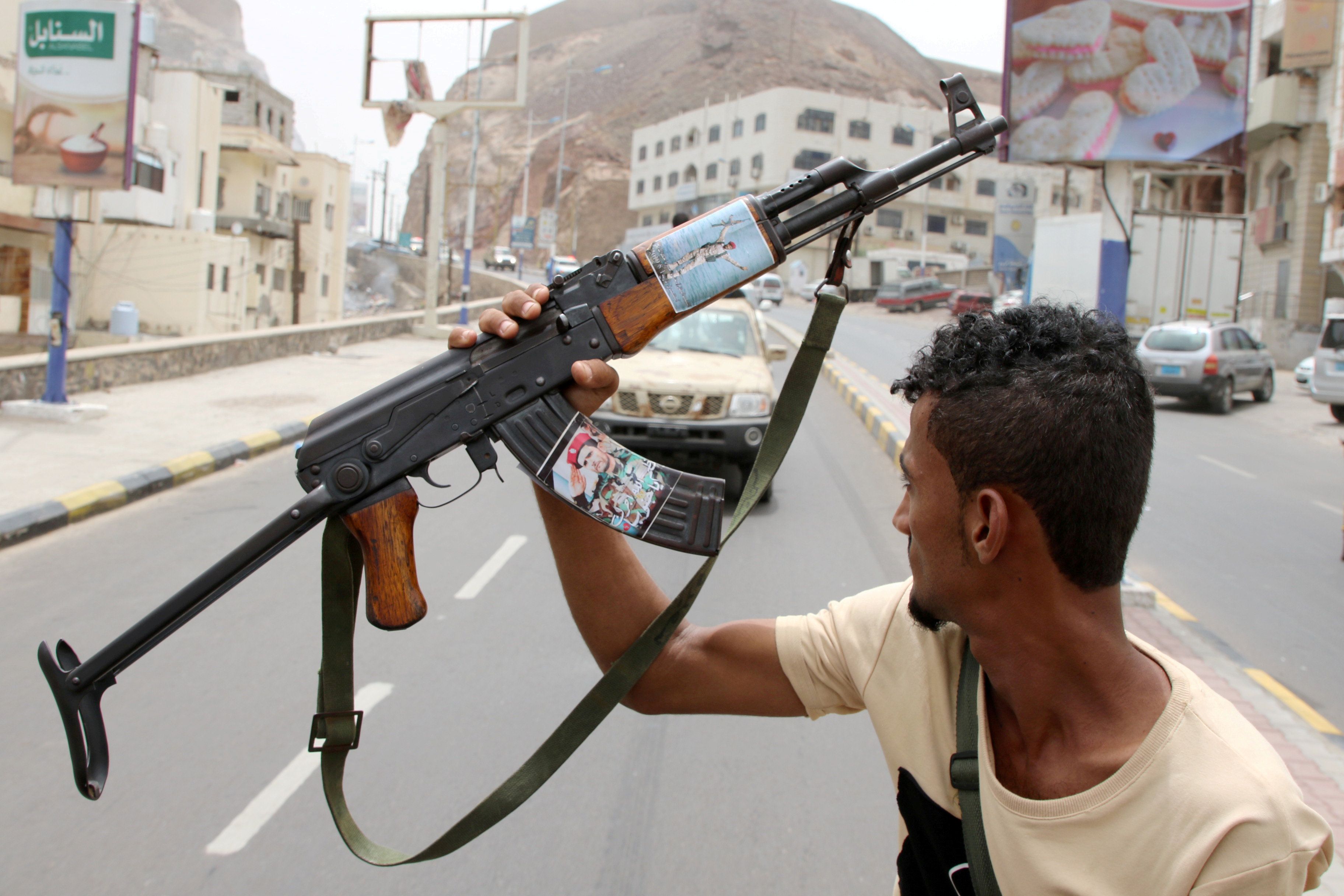What We're Watching: Yemen’s Fractured Alliances and An Ominous Russian Explosion
A coalition cracking in Yemen - On Saturday, UAE-backed southern separatists took over the presidential palace in Aden, the country's second-largest city. On Sunday, they were bombed by a military coalition led by Saudi Arabia. The Saudis and Emiratis entered the Yemen fray together back in March 2015 to push back against the Iran-aligned Houthis and contain Tehran's expanding influence in the region. But the two countries quickly developed different long-term goals and cultivated very different allies on the ground. The Saudis support the internationally-recognized Yemeni government, while the Emiratis backed separatists that would like to see the country split in two. This weekend's fighting, just weeks after the UAE's drawdown from Yemen, is not the first standoff between Saudi-backed and UAE-backed forces in Yemen, but if it continues, it could be the most destructive. Not what you want to hear about a conflict that the UN has already christened the "world's worst humanitarian disaster."
An ominous explosion in Russia - Last week, an explosion at a missile test site off Russia's northern coast caused radiation in a nearby city to spike to 200 times normal levels. Seven people died in the blast, including five Russian nuclear scientists. Russia has changed the official story several times, but Western spooks think something went wrong while Moscow was testing a new nuclear-powered cruise missile. We're watching this for two reasons. First, because it's a glimpse of the dangers inherent in the new arms race that's developing between the US and Russia. Second, because the poor communication is not a great look for a government that's already under pressure from some of the biggest protests in Moscow in years.
What We're Ignoring:
China's new cryptocurrency - China is apparently "close" to launching its own cryptocurrency. Beijing has been looking into launching a digital renminbi for years, but appears to have intensified its efforts following Facebook's recent decision to back a new cryptocurrency project called Libra. Sounds interesting in theory. Beijing is worried that Libra could undermine its control over its financial system and its long-term effort to promote the renminbi as an alternative to the US dollar. But convincing 1.4 billion people to trade their cash for a digital substitute that authorities can easily track may be a tall order, even for China.
